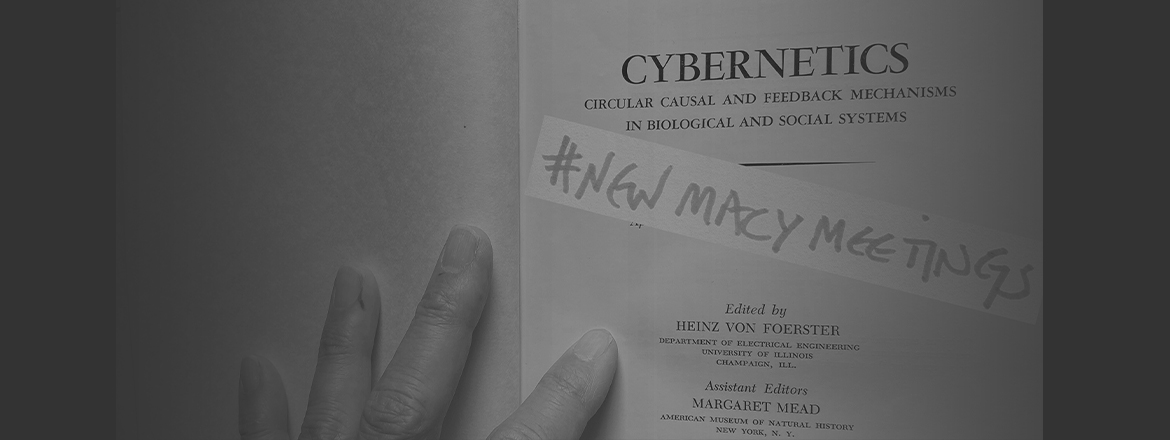

CONFERENCE KEYNOTE
The Artificial Intelligences inside of global Internet platform companies — such as Facebook, Google, Youtube, Amazon, and Twitter — are implemented in code, the software that controls the digital machinery. But the outcomes of AIs are also consequences of codification, the enacting of specific concepts, values, and biases that are embodied in their code. The outcomes of code and codification serve these companies in their pursuit of revenue and market dominance. Comparatively, such AI systems do far less for individual human interactivity and overall social good.
To chart a course toward an alternate future, this presentation will:
In turn, these steps suggest an effective and pragmatic tactical plan: Begin by gathering sufficient variety of individuals and organizations into a cadence of conversations. Pursue the goal of defining best practices, design patterns, and prototypes that explicate viable alternatives to the interactive functioning of the big platform players. Deliver exemplars, kits, and workshops to give practical guidance to students, designers, and managers in areas of software development, engineering, product deployment, and business. Distribute these wisely and widely.
This presentation argues that the scope and urgency of such ambition is best embodied in a revival and revision of the transdisciplinary Macy Meetings that promulgated Cybernetics in the 20th century. #NewMacy Meetings for the 21st century must also be transglobal and transgenerational.
See "Responding to the Pandemic of 'Today's AI'" for more.DownloadPosition Paper on #NewMacy: Responding to the Pandemic of "Today's AI"
DownloadPPDF of #NewMacy-related Appendices
DownloadAndrew Pickering's call for "Next Macy Meetings"
DownloadCybernetics and Design: Conversations for Action, co-authored with Hugh Dubberly
DownloadBlog Post on #NewMacyMeetings
DownloadLess Interference, More Dance!: Interpreting Gordon Pask, Toronto 2019
DownloadConversation is the Heart of Interaction, IXDA PGH, 2018
DownloadLinks about Designing for Conversation
ViewPangaro's RSD5 Video on Vimeo
Paul Pangaro is President of the American Society for Cybernetics and Professor of the Practice in the Human-Computer Interaction Institute at Carnegie Mellon University. A current project is an initiative called #NewMacy that will revive and revise the original Macy Meetings for the challenges of the 21st century. His career spans startups, consulting, research, and education. He has worked with and within startups in New York and Silicon Valley, in product and technology roles. His most recent startup was General Cybernetics, dedicated to new ways of reading and writing in digital media based on Gordon Pask’s Conversation Theory. His consulting clients include Du Pont, Nokia, Samsung, Instituto Itaú Cultural (São Paulo), Ogilvy & Mather, Intellectual Ventures, and PoetryFoundation.org. He has lectured in São Paulo, Paris, Berlin, Vienna, Linz, and in cities in the US, most often on design for conversation and conversations for design. Partnering with TJ McLeish as master fabricator, they created a full-scale replica of Pask’s Colloquy of Mobiles, displayed at Centre Pompidou in Paris in 2020 and now part of the permanent collection at ZKM in Germany. Pangaro studied theatre, film criticism, and computer science while earning a B.S. at MIT, spending the rest of his time acting in plays and writing software for interactive graphics and computer-generated film. On graduating Pangaro worked on neural simulations with Jerry Lettvin and then joined the research staff of the MIT Architecture Machine Group where he met Gordon Pask and consequently completed his PhD with Pask at Brunel University (UK). His work can be found at http://pangaro.com/.